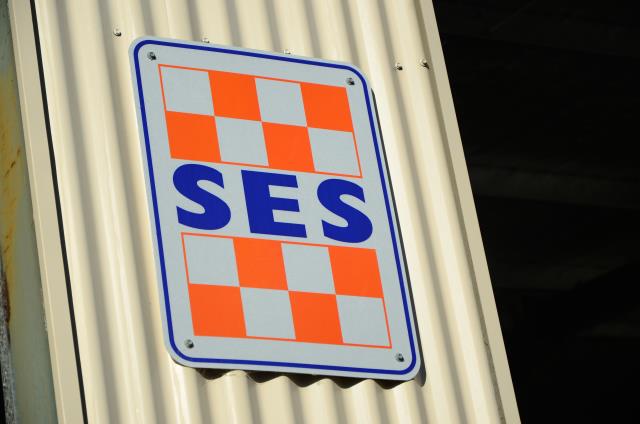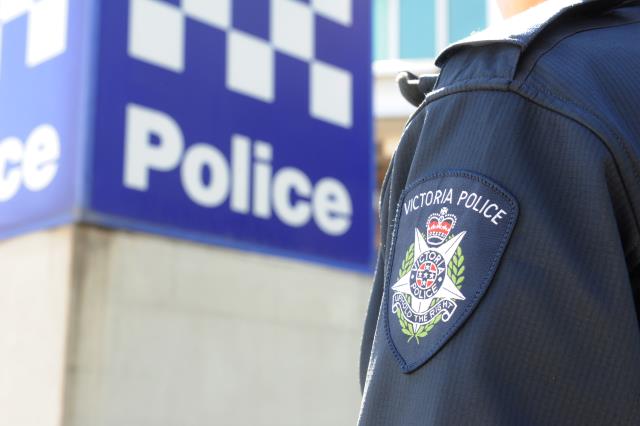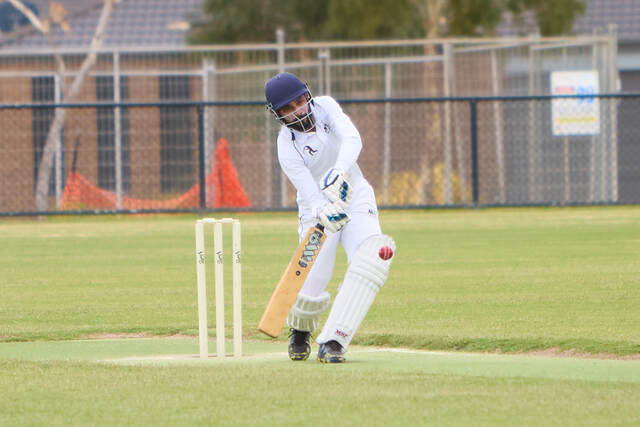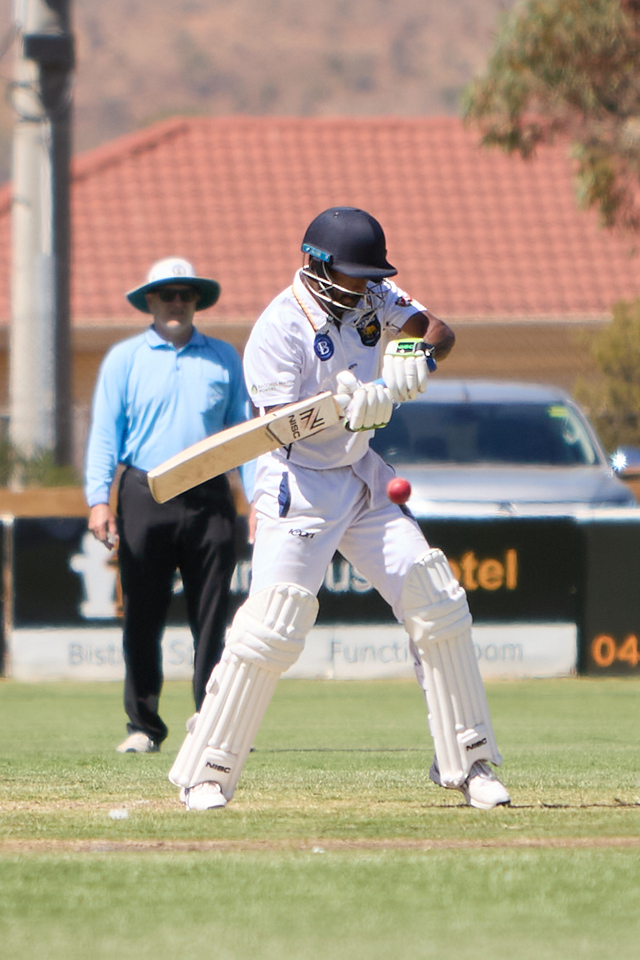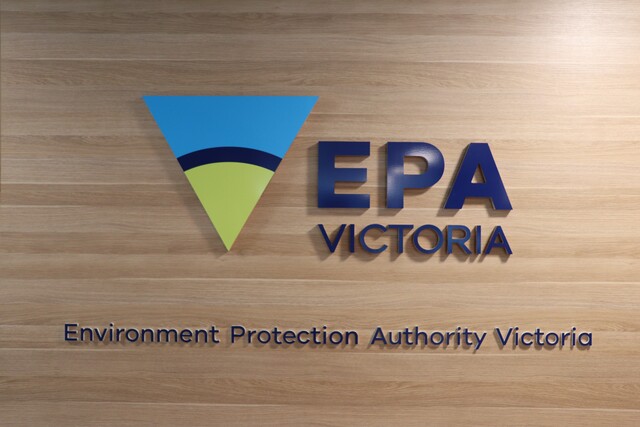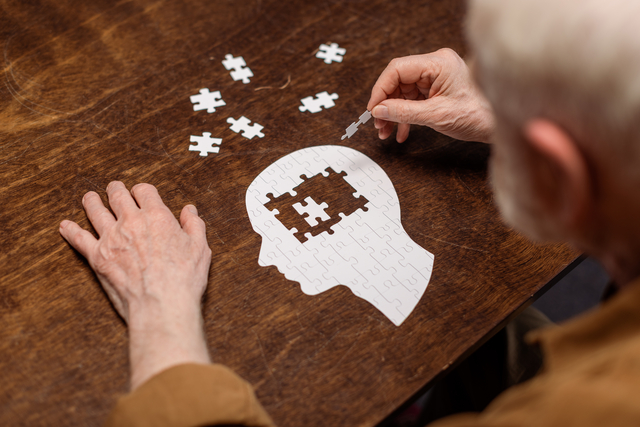Some illnesses you can see, and some you can’t. Most illnesses can be cured by pills, or bed rest, or an operation, but some can’t.
And there is a group of conditions that fit into both these categories. They are usually very difficult for others to notice, and treatment requires a lot of time, a lot of different approaches, and a lot of support.
We’re talking about eating disorders here. Melbourne’s western and northern suburbs have one of the highest rates of these conditions in Australia, with estimates putting the number of people with an eating issue at about 80,000 – more than four per cent of the residents.
Most of us know about the eating disorder known as anorexia nervosa – which causes people to self- starve – but that is actually one of the least common. Others manifest in different ways, including binge eating, fear of food, obsession with weight or body image, excessive exercising and suicidal thoughts.
Treating eating disorders is challenging. It generally involves not just a GP, but also a mental health professional and a dietitian. And time. A lot of time.
So how do you know if you or someone you love has an eating disorder? Different disorders have different symptoms, but there are some pretty common red flags.
An increasingly tense relationship with food is a big one. This might involve dodging eating, stressing out at the thought of food, revulsion, forced vomiting, binge consumption, building elaborate rituals around eating, or the compulsion to exercise straight after meals.
Some eating disorders can lead to thinning hair, constipation (or the opposite), heightened sensitivity to cold, muscle cramps or problems with concentration.
None of it is good, and because cause and treatment are complex issues, some people are tempted just to struggle and endure. Some parents – at wit’s end – try to believe a disorder in their child is just a phase that will eventually sort itself out. Maybe it will – but maybe it won’t.
The good news is that help is at hand.
The state government funds an excellent service called Eating Disorders Victoria. Its website contains heaps of helpful advice and contacts. It also operates a free helpline on weekdays between 9.30am and 4.30pm. It can be reached on 1300 550 236. The website can be found at eatingdisorders.org.au
The Butterfly Foundation also has a telephone helpline. This one operates seven days a week, between 8am and midnight. You can call it on 1800 33 4673. It also has a chatline on its website: butterfly.org.au
Another really useful option is to make an appointment to see a GP. The doctor will be able to confirm or discount an eating disorder diagnosis, and provide information and resources to help you, or your loved one, get started on the road to recovery.
Eating disorders often cause despair, because they can seem impossible to conquer. It’s not true, however. It might not be easy, but it can be done – and life can get so much better!



